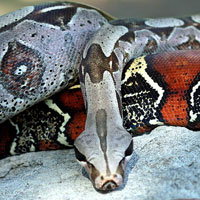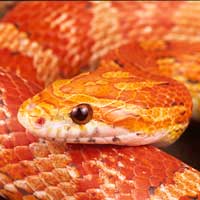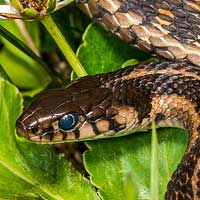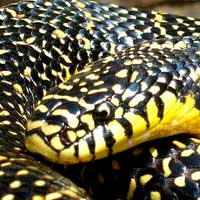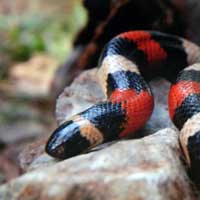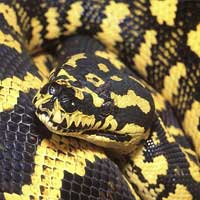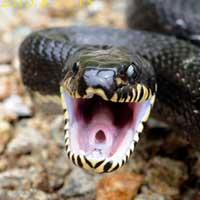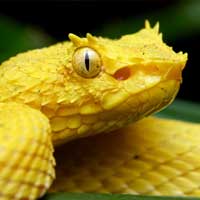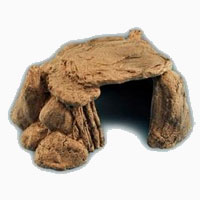White Lipped Python
Scientific Name: Leiopython Albertisii
Share this Post
The White Lipped Python, also known as D’Albertis Python is a large non-venomous python that traces its origin to New Guinea where it was first named in honor of Luigi D’Albertis. Although they are quite short as hatchlings many adult pythons of this subspecies, grow as long as two hundred and thirteen centimeters long. Apart from some marks on their labial scales, White Lipped Pythons do not exhibit any color patterns. However, their appearance has varied color combinations such as brown violet and yellow in addition to black blue and gray. They also stand out because of their triangular snout.
White Lipped Pythons Are Beautiful Creatures
Facts About White Lipped Pythons
Geographic Location
The White Lipped Python is a native of New Guinea where it is most prevalent. However, in some cases the snake has also been found in Indonesia.
Habitat
These pythons prefer to reside in rain forests, swamps and cutover clearings. They normally live near water bodies since they are fond of dipping into water when irritated.
Behavior
The White Lipped Python is a deadly hunter with nocturnal tendencies. It is quite fast and has an aggressive temperament thus the need to keep it away from other snakes or animals. In the wild, this python is restless thus difficult to tame.
Reproduction
The White Lipped Python normally lays about five to twenty eggs in every clutch although these could vary according to the breeding circumstances. Furthermore, they have to be maintained at varying temperatures during the day and night for copulation to take place. The eggs normally hatch after sixty to eighty days depending on the temperature at which they are incubated.
Captivity
Due to their aggressive nature, only those White Lipped Pythons that are born into captivity and raised should serve as pets. They should be fed on small to medium sized mammals depending on their age. One should be on the lookout since they attempt to escape more so when stressed.
